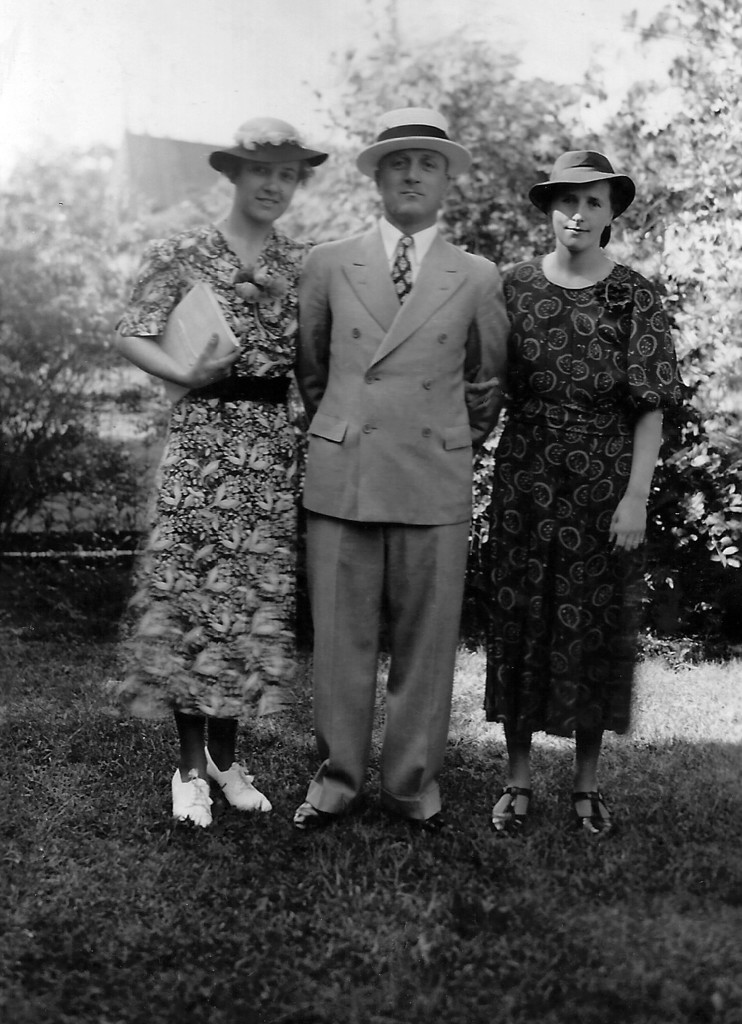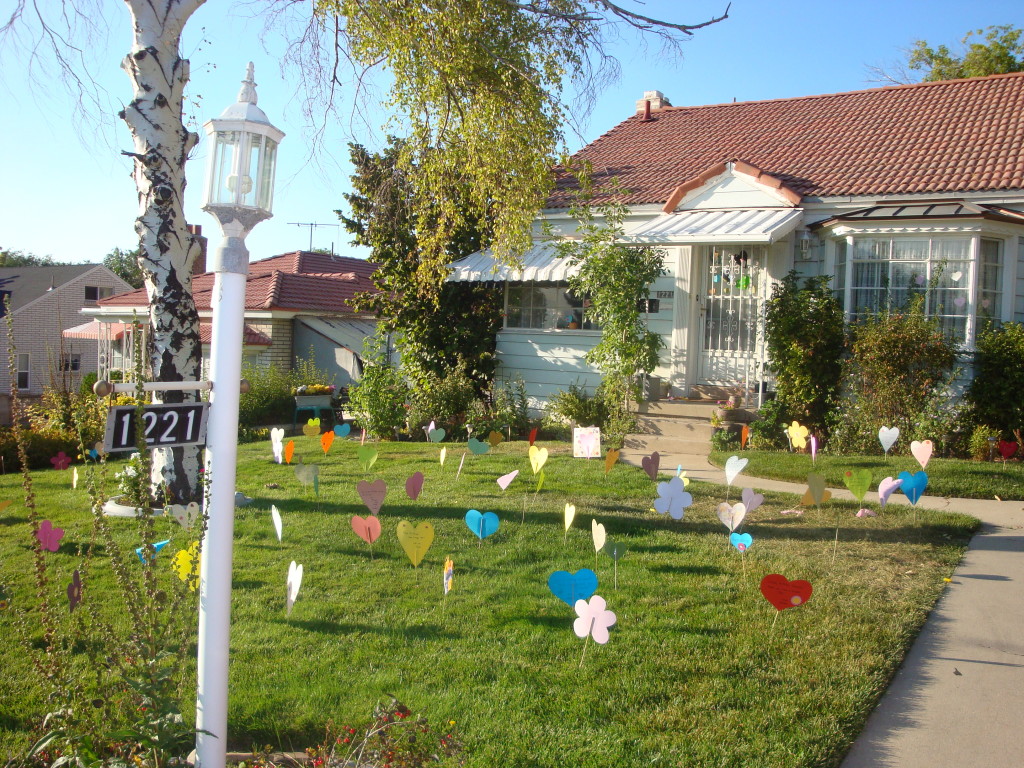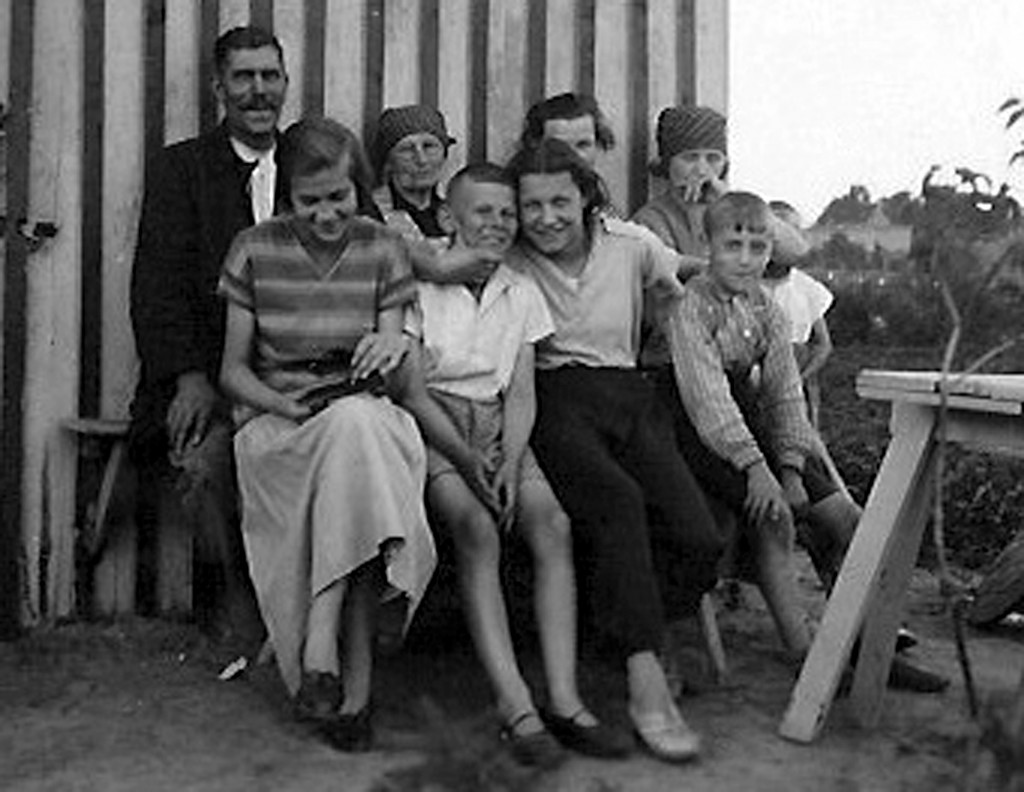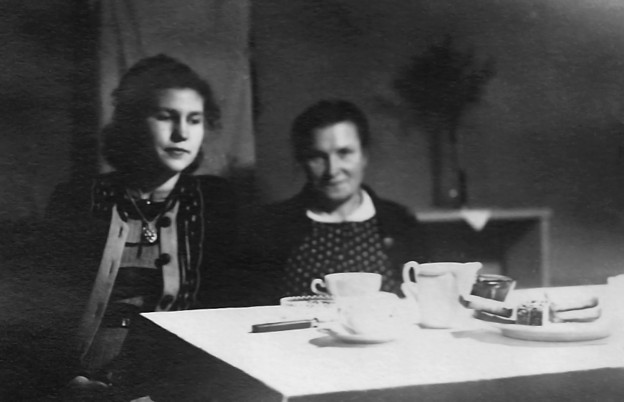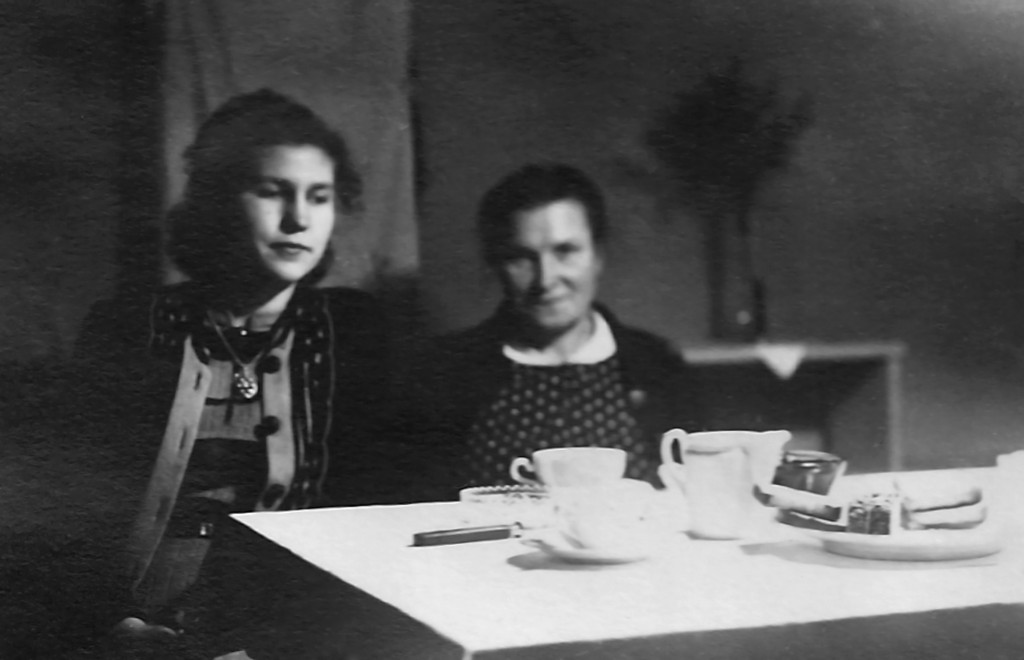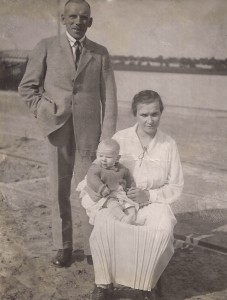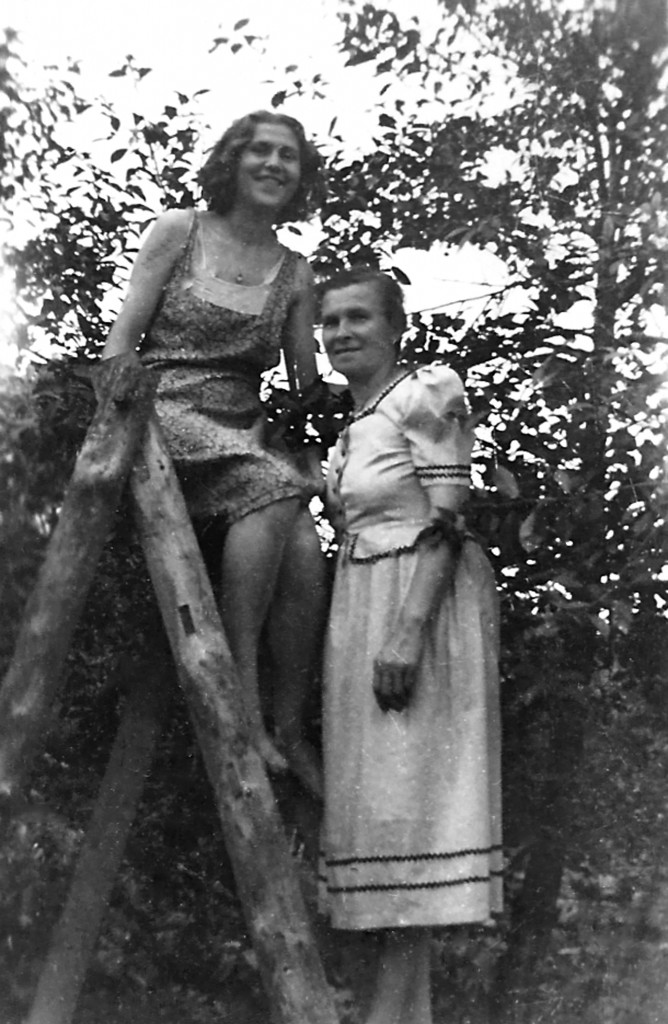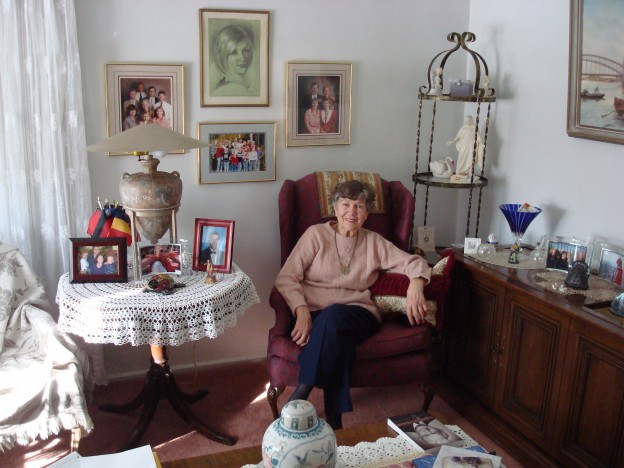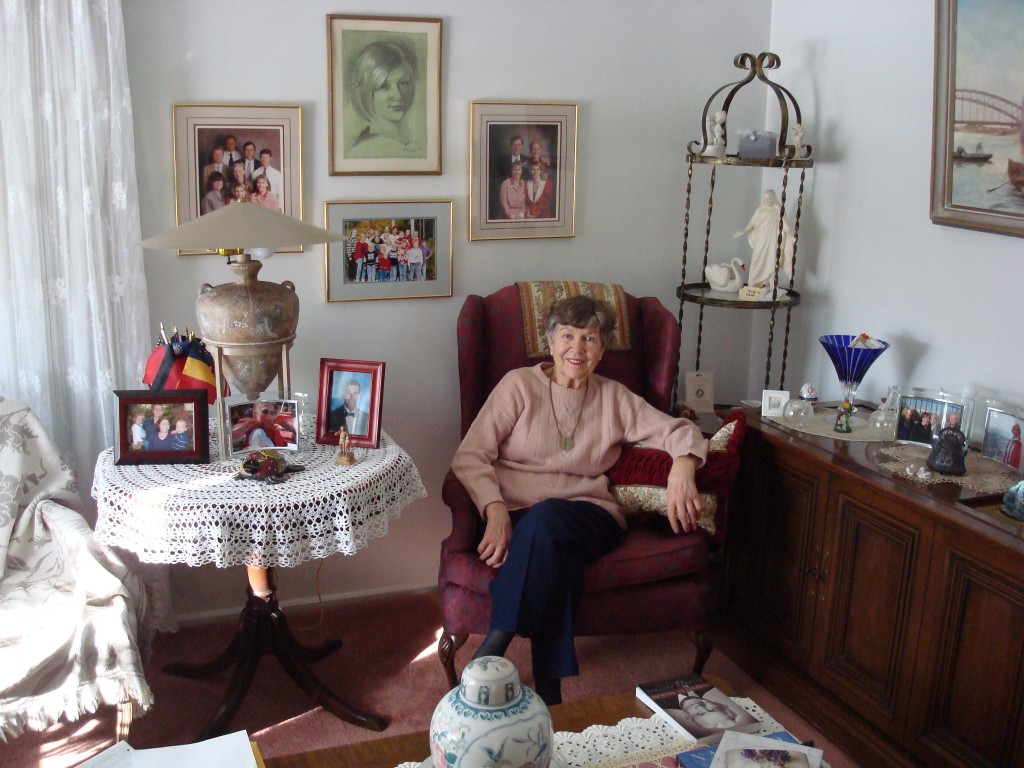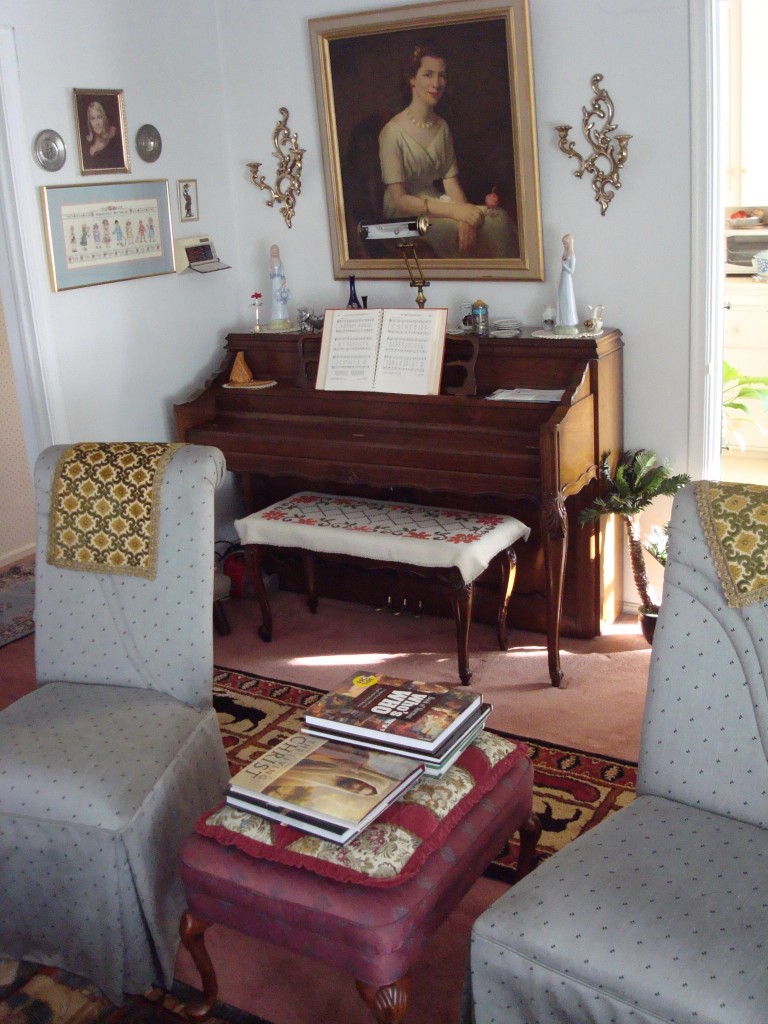When she was about thirteen, Helga was attracted by the smart uniforms of the girls in Hitler’s League of German Girls (Bund Deutscher Madel). Her friends were joining up, and she wanted to be included.
But her mother reminded her that as a Latter-day Saint teenager, she was already a member of youth group for teenage girls: the Beehives, and she never joined, probably for the best.
Around age 16, Helga imagined herself as a Sauglingsschwester: a baby nurse—for which she would have been beautiful. Before too long, the option had disappeared. War loomed.
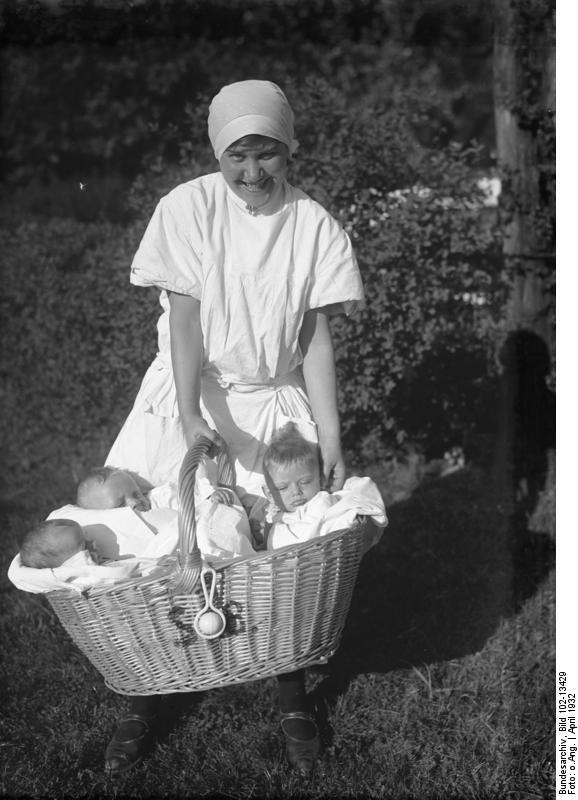
A Sauglingsschwester, 1932
A look at Helga’s life through Under a Leafless Tree reveals that the dream house (“villa”) her father designed and even bought bricks for was never built, the anticipated marriage of her pretty aunt to the handsome American missionary faded into the realities of a young immigrant’s life an ocean away.
The War waged brutal destruction on most of young Helga’s remaining dreams. Friends and family perished. She was wounded and exiled from her hometown.
And yet to meet Helga today, and ever since I’ve known her is to meet a woman still asking good things of life, anticipating happiness. Her garden blooms with new petunias and other posies each spring. Come May, she’ll probably be on her knees again, with dirt on her hands and 94 year-old knees to gain another year of living color out her window.
Knowing as she clearly now does that dreams are not always realized hasn’t stopped her from building more—more hopes for her children and grandchildren, joyful expectations for her friends. Requests of life.
If you want something, she will want it with you, and will be the first to celebrate your happiness when it finally arrives, or to weep (literally) when it slips by.
In fact, Helga’s living dreams, like those of her sleep, pull her onward. She greets each day with a little childlike longing, mountains of disappointment notwithstanding. She can’t help herself.
Thank you, Helga, for not letting go of what might be, even while you accept what must be. You keep my heart alive.


